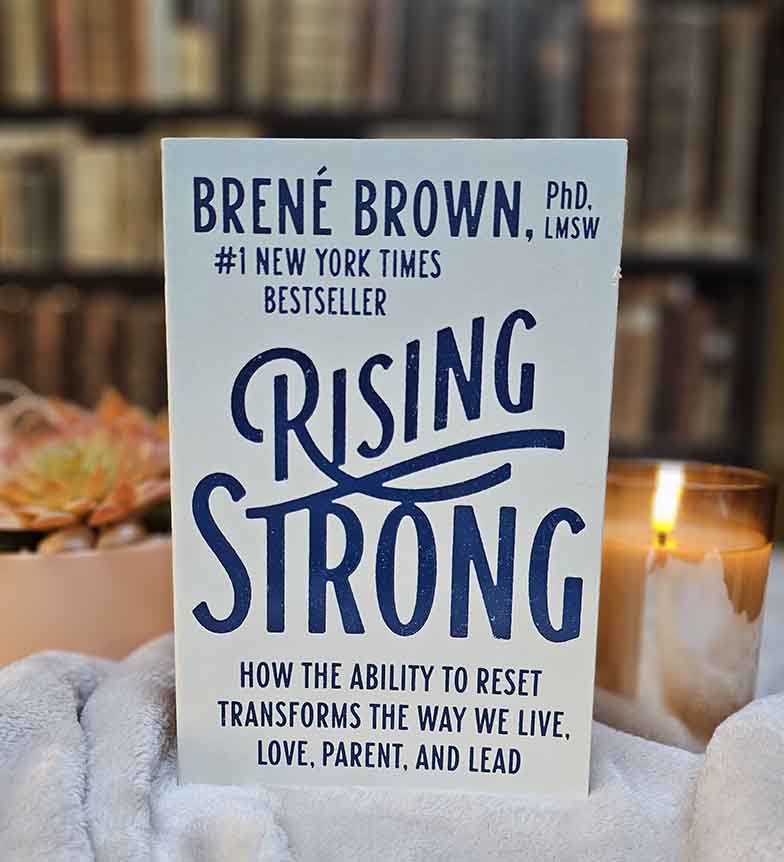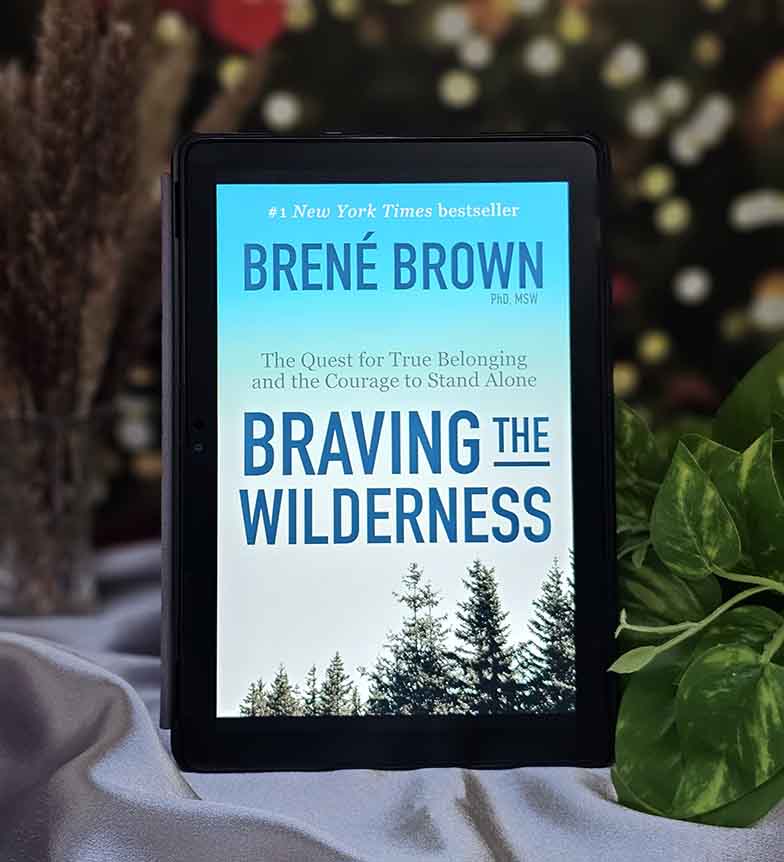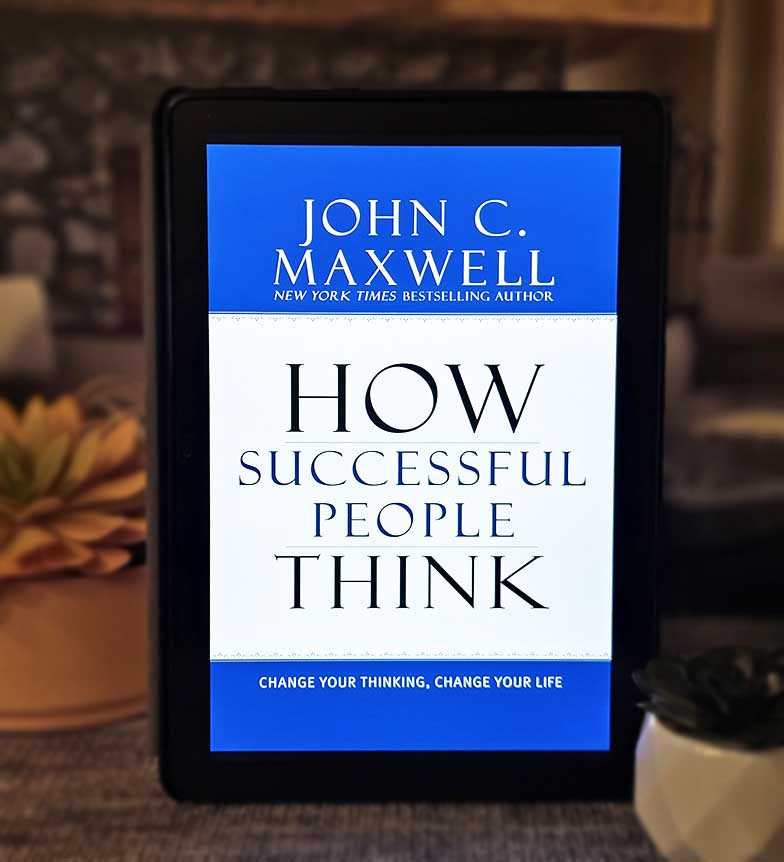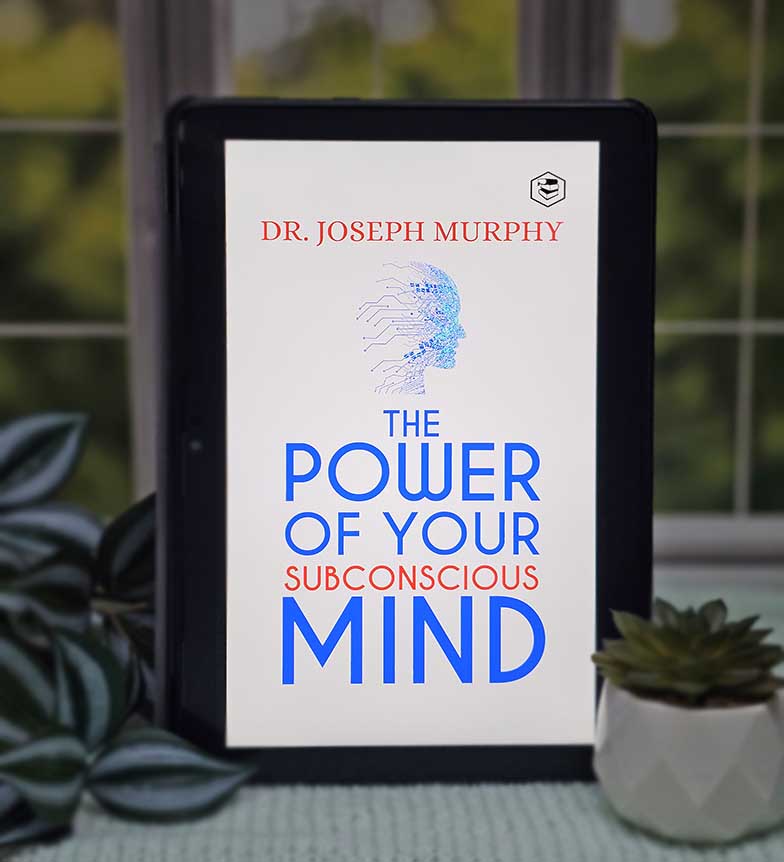
Rising Strong
by Brené Brown
Brené Brown explores the process of getting back up after failure, heartbreak, and disappointment, providing a research-based approach to resilience and emotional recovery.
Spoiler Warning
This review may contain spoilers. Read at your own discretion if you haven't finished the book yet.
The Science of Resilience: Brené Brown's Guide to Emotional Recovery and Growth
Rising Strong represents Brené Brown's most practical and systematic exploration of emotional resilience, building on her previous research about vulnerability and shame to create a concrete process for recovering from setbacks, failures, and emotional wounds. This book transforms abstract concepts about courage and authenticity into actionable framework that readers can apply to real-life challenges, making Brown's insights accessible to anyone seeking to develop greater emotional intelligence and resilience in their personal and professional relationships.
The Foundation: Understanding Our Emotional Responses
The Universality of Falling Down
Brown begins with the fundamental recognition that everyone experiences failure, disappointment, and emotional pain—the question is not whether we will fall, but how we will get back up. This reframing removes shame from the experience of struggle and positions resilience as learnable skill rather than innate trait.
Her research demonstrates that the most resilient people are not those who avoid difficulty but those who have developed effective processes for recovering from inevitable setbacks and using those experiences for growth and learning.
The Stories We Tell Ourselves
One of Brown's most important insights is that humans are "meaning-making machines" who create narratives to explain our experiences, especially when we lack complete information. These automatic stories often reflect our deepest fears and insecurities rather than objective reality.
The recognition that our first emotional interpretation of events is often inaccurate provides foundation for developing more thoughtful and effective responses to challenging situations.
The Rising Strong Process: A Framework for Resilience
The Reckoning: Emotional Awareness and Recognition
The first stage involves developing the ability to recognize when we're emotionally triggered or "hooked" by experiences. This requires cultivating awareness of our physical sensations, emotional reactions, and behavioral patterns when we're struggling.
Brown emphasizes that this recognition must happen without judgment—we cannot change what we don't acknowledge, but we also cannot heal what we're constantly criticizing ourselves for experiencing.
The Rumble: Challenging Our Assumptions
The middle stage requires the courage to examine the stories we're telling ourselves about our experiences and to question whether these narratives are accurate or helpful. This involves getting curious about our assumptions and looking for evidence that might contradict our initial interpretations.
Brown provides specific techniques for this "rumbling" process, including questions to ask ourselves and methods for distinguishing between facts and the stories we create around those facts.
The Revolution: Integration and Behavioral Change
The final stage involves taking what we've learned about ourselves and our patterns and using that knowledge to change how we engage with the world. This is where insights become transformation and where emotional intelligence translates into more effective relationships and decision-making.
Practical Applications Across Life Domains
Relationships and Communication
Brown demonstrates how the Rising Strong process can transform how we handle conflict, disappointment, and misunderstandings in our relationships. Rather than reacting from our initial hurt or anger, the process allows for more thoughtful responses that preserve connection while addressing legitimate concerns.
The framework provides tools for having difficult conversations with greater skill and emotional regulation, leading to stronger rather than damaged relationships after conflict.
Professional Life and Leadership
The book explores how emotional resilience affects professional effectiveness, particularly in leadership roles where the ability to recover from setbacks and failures directly impacts team morale and organizational culture.
Brown's research with business leaders demonstrates how vulnerability and emotional intelligence enhance rather than undermine professional credibility and effectiveness.
Parenting and Family Dynamics
The Rising Strong process provides parents with tools for modeling emotional resilience for their children while managing their own reactions to parenting challenges and family stress.
The approach helps parents respond to their children's struggles with greater wisdom and emotional regulation, creating family environments that support rather than shame emotional expression and growth.
Shame Resilience and Vulnerability
Understanding Shame Triggers
Building on her previous work, Brown explores how shame affects our ability to recover from setbacks and how shame resilience enables more effective emotional processing and growth.
The distinction between guilt (I did something bad) and shame (I am bad) proves crucial for developing healthy responses to mistakes and failures that promote learning rather than self-attack.
Vulnerability as Strength
The book reinforces Brown's central thesis that vulnerability—the willingness to be emotionally open despite uncertainty and risk—is essential for meaningful connection, creativity, and personal growth.
Rather than presenting vulnerability as weakness that needs to be overcome, Brown demonstrates how embracing vulnerability enables more authentic and fulfilling relationships and experiences.
Research Foundation and Scientific Credibility
Grounded Theory Methodology
Brown's research methodology gives credibility to insights that might otherwise seem like common sense or pop psychology wisdom. Her systematic approach to data collection and analysis provides evidence-based foundation for her recommendations.
The integration of qualitative research findings with practical application makes the book both scientifically credible and immediately useful for readers seeking concrete guidance.
Cross-Cultural and Diverse Perspectives
The research includes diverse populations and experiences, making the findings more broadly applicable than studies focused on limited demographic groups.
This diversity strengthens the universality of Brown's conclusions while acknowledging cultural variations in how emotions are expressed and processed.
Contemporary Relevance and Cultural Impact
Mental Health Awareness
The book contributes to growing cultural awareness about emotional intelligence and mental health, providing tools that complement traditional therapy while being accessible to people who may not have access to professional support.
Workplace Culture Evolution
Brown's research has influenced organizational development and leadership training, contributing to cultural shifts toward more emotionally intelligent workplace environments.
Social Media and Digital Relationships
The principles apply particularly well to navigating online relationships and digital communication, where misunderstandings and emotional triggers are common but traditional social cues are limited.
Writing Quality and Accessibility
Personal Narrative Integration
Brown skillfully weaves personal stories with research findings, making abstract concepts concrete while maintaining appropriate professional boundaries about her private life.
Practical Tools and Exercises
The book provides specific exercises, questions, and techniques that readers can immediately apply to their own situations rather than just theoretical understanding.
Conversational Tone
The writing feels like conversation with a knowledgeable friend rather than academic lecture, making complex psychological concepts accessible to general audiences.
Strengths and Unique Contributions
Evidence-Based Approach
Unlike many self-help books that rely primarily on anecdotal evidence, Brown grounds her recommendations in systematic research and data analysis.
Process-Oriented Framework
Rather than providing simplistic solutions, Brown offers a process that can be adapted to different situations and personalities while maintaining core principles.
Integration of Multiple Domains
The book successfully addresses personal relationships, professional life, and parenting within a unified framework that recognizes how emotional skills transfer across life areas.
Shame and Vulnerability Focus
Brown's specific expertise in shame research provides unique insights that distinguish her work from general emotional intelligence or resilience literature.
Areas for Further Development
Cultural Adaptation
While the research includes diverse populations, some readers from non-Western cultural backgrounds may need to adapt the framework to fit different cultural values around emotional expression and individual versus collective identity.
Severe Trauma Considerations
The book focuses primarily on everyday setbacks and challenges rather than severe trauma, which may require additional professional support beyond self-help approaches.
Implementation Challenges
Some readers may need more guidance on how to maintain the practices over time and integrate them into busy lives with competing demands.
Target Audience and Applications
General Personal Development
Anyone interested in developing greater emotional resilience and relationship skills will find practical, research-based guidance.
Professional Development
Leaders, managers, and anyone in people-focused roles will discover tools for more effective communication and conflict resolution.
Therapeutic and Educational Settings
Mental health professionals and educators can use Brown's framework to supplement their existing approaches with evidence-based resilience tools.
Parents and Families
The applications to family life provide parents with concrete strategies for handling their own emotions while supporting their children's emotional development.
Long-Term Impact and Integration
Sustainable Practice Development
The Rising Strong process becomes more effective with practice, creating sustainable approaches to emotional challenges rather than quick fixes.
Relationship Enhancement
The skills developed through this process typically improve all relationships over time as emotional intelligence and communication abilities strengthen.
Professional and Leadership Growth
The emotional intelligence developed through Rising Strong practices often translates into enhanced professional effectiveness and leadership capabilities.
Final Assessment
Rising Strong succeeds because it transforms abstract concepts about emotional intelligence and resilience into concrete, learnable processes that readers can immediately apply to their lives. Brown's greatest achievement is demonstrating that emotional skills can be developed systematically rather than left to chance or innate ability.
The book's integration of rigorous research with practical application makes it valuable for readers across different backgrounds and life circumstances. Rather than providing temporary inspiration, Brown offers tools that become more valuable with practice and application over time.
This is essential reading for anyone seeking to develop greater emotional resilience, improve their relationships, or enhance their ability to recover from setbacks and failures with wisdom and grace rather than shame and avoidance.
Rating: 5.0/5 ⭐
Perfect for: Anyone interested in emotional intelligence, relationship improvement, personal development, or evidence-based approaches to resilience
Consider carefully if: You prefer purely practical advice without emotional processing, or vulnerability-focused approaches don't resonate with you
My Notes & Takeaways
The Rising Strong Process
The Reckoning: "The reckoning is when we recognize that we're emotionally hooked and we get curious about what's happening inside of us."
This first step involves developing emotional awareness and the ability to notice when we're triggered or experiencing difficult emotions without immediately reacting.
The Rumble: "The rumble is when we get honest about the stories we're making up about our struggle, then we challenge those stories and assumptions to find the truth."
The middle phase requires courage to examine our interpretations and assumptions rather than accepting our first emotional reactions as factual.
The Revolution: "The revolution is when we change how we engage with the world based on what we've learned about ourselves and our story."
The final stage involves integrating insights into new behaviors and ways of being that reflect greater self-awareness and emotional intelligence.
Story and Truth: "We are meaning-making machines. When we don't have data, we will make up stories that fit our worst fears and greatest insecurities."
You Might Also Like

Braving the Wilderness
by Brené Brown
Brené Brown explores true belonging and the courage to stand alone, examining how we can maintain our authenticity and values even when it means standing apart from groups or popular opinion.

How Successful People Think
by John C. Maxwell
John C. Maxwell explores eleven types of thinking that successful people use, offering strategies for developing better mental habits and decision-making skills.

The Power of Your Subconscious Mind
by Joseph Murphy
A classic self-help book exploring how the subconscious mind influences our lives and how we can harness its power to achieve success, health, and happiness through directed thought and belief.